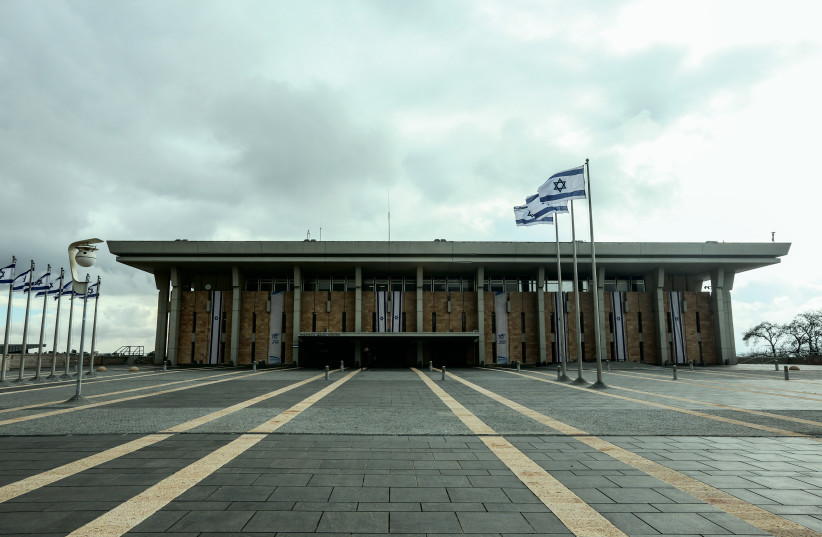
Eliav Breuer is a Jerusalem Post success story.
Starting out his time here as a member of the breaking news desk, Breuer was instrumental in making sure the team always had accurate up-to-date coverage on the latest developments in Israeli politics.
His hard work over time didn’t go unnoticed. Soon enough, he rose to become our chief political correspondent, a central pillar of the Post’s reporting team.
After a considerable amount of time away due to his military reservist duty in the ongoing Israel-Hamas war, Breuer is now back to being a staple in the Knesset, reporting on the important news taking place in the Israeli corridors of power.
In Jerusalem sat down with Breuer to talk about his journalism journey, and some of the highlights of his career thus far. Surprisingly, his favorite anecdote is not one related to his political reporting.

This is “Behind the Bylines,” where we bring you a look at the people behind the articles that keep our paper running.
How did you get to Israel?
My parents are both Canadian, but they spent time in the United States. In 2001, they were living in Chicago and eventually decided to make aliyah. I was eight years old at the time, and grew up in Jerusalem.
What made you want to go after a career in journalism?
I finished my degree at Shalem College in the summer of 2020 after majoring in philosophy. I decided to utilize my native English skills for work, and spent a year doing freelance translation. This was a time period that included the COVID pandemic, protests on Balfour Street, the US election, January 6, Operation Guardian of the Walls, rioting in Israel’s mixed cities, an Israeli election, and more.
I was always interested in news and politics, but the events of that year had me glued to my phone and constantly checking the news. I was looking for a full-time job at that point; after seeing an ad for a job on The Jerusalem Post’s news desk, I went for it. I was spending my time translating into English and watching news and thought, ‘Why not make a living out of it?’
What is one of the most memorable anecdotes from your career?
Renowned American lawyer Alan Dershowitz wrote an op-ed for the Post related to allegations against him connected to the Jeffrey Epstein sex scandal. In the article, Dershowitz commented on an interview he had given on BBC, where he was presented as a legal expert analyzing the verdict, despite being a non-neutral party.
I watched the interview and thought that Dershowitz had mischaracterized and misrepresented the interview in his op-ed. I wrote an op-ed of my own making this argument and, more generally, criticizing his public conduct.
Lo and behold, Dershowitz responded in a letter to the editor. His tone was angry and criticized my op-ed. The exchange ended there, but it became a running joke in the office. Every time Dershowitz appeared in the news or wrote to the Post, my colleagues made sure I knew.
What do you have to say to any aspiring journalists out there?
There is a lot of information and stories that can be found on social media or government websites. Sometimes, instead of spending a lot of energy trying to get the inside track, it is worth digging a little into information that is readily available. Who knows what you’ll find?
